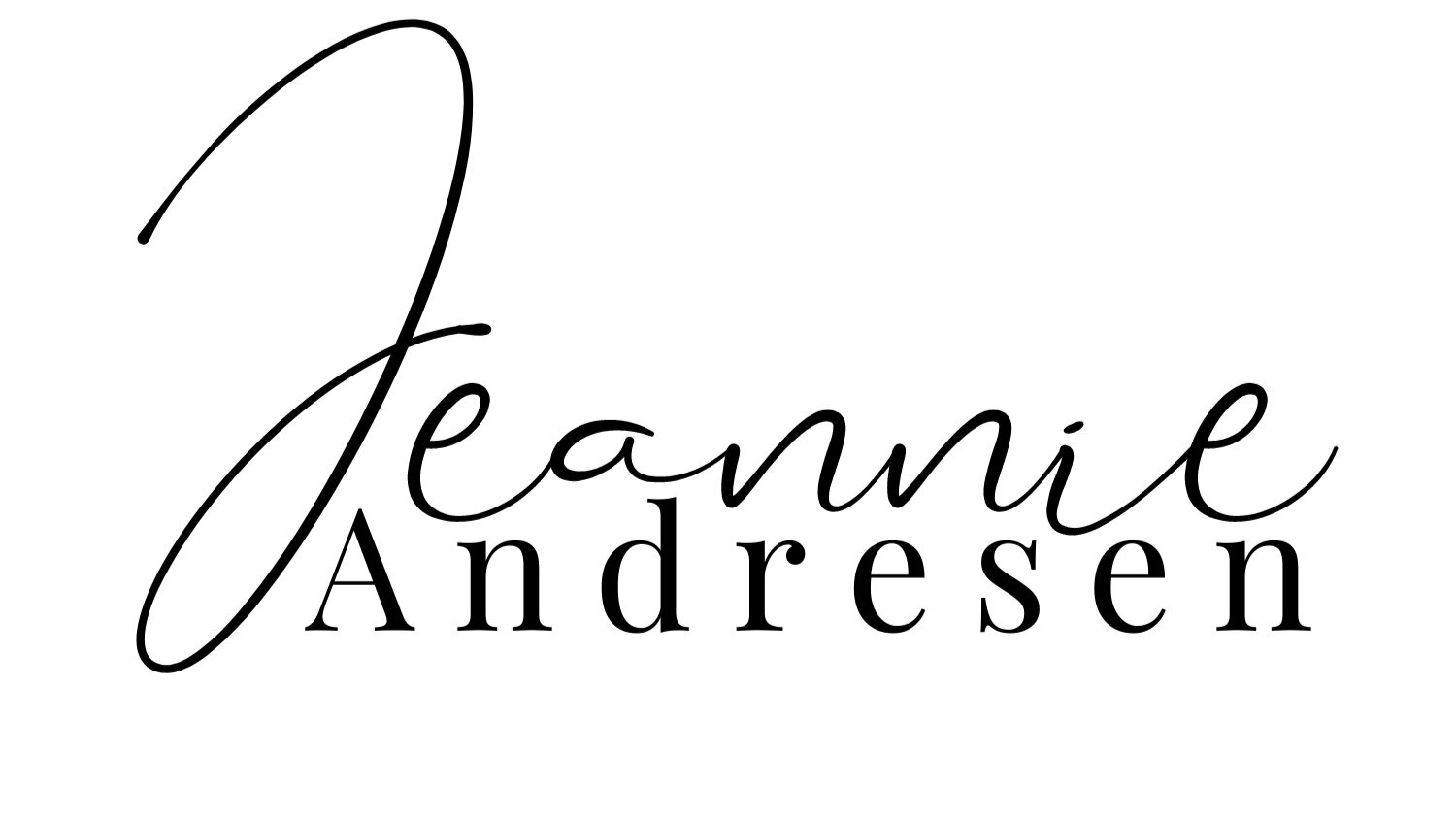3 Money Myths For New Small Business Owners
Asking for money as a new small business owner can be pretty intimidating.
From insecurities around serving your prospective clients to most of your early business from friends and family to aligning your career with your passion, it brings us to the same question: should you be discounting your services in the beginning?
This question is a common one with my clients, and I am here to answer it by busting three money myths for new small business owners.
I should preface this post by sharing that money was hardly taboo in my household growing up.
My mom educated my brother and me on it regularly.
But in my adulthood, I have learned that many have a complicated relationship with it. Given my comfort level and money mindset, it has been rewarding to support my clients in growing their wealth perspective, and I am excited about being able to shed some light on it today.
While charging your natural network for your services may make you want to throw up, you’ll learn below how ultimately is the best thing for both of you.
Check out these three myths I bust all the time with my clients when it comes to charging for their services for a very new small business.
Money Myth #1: Discounting your services is the best way to get started.
I will bust this, although it depends on what you mean by discount (and I will explain).
When you first start your business, there will be a LOT of trial and error, and it requires some patience from your initial clients. So shouldn’t you discount your services?
I’m going to say no to this one. When you launch your business, we want to get your awesomeness into the world STAT, so people begin spreading the word.
But suppose you discount your services when you first start, and you reach out to your friends and family to be the first to buy-in. What you’ll end up with are a whole lot of, “That sounds so great! I’ll keep it on my radar!” without anyone circling back with you.
Here’s what my advice is: offer your services initially for “free” to a select number of people. Because here’s what will take place:
You’ll have people totally pumped to work with you
You’ll have a ton of people interested
They’ll grant you a ton of patience
And on your end, the pressure is totally off to make sure things are perfect.
But to do this right, set an expectation with your free clients.
If they have a great experience and benefit from your service, their repayment will be…
Providing a testimonial for your marketing
Promoting your service to their network, and
Agreeing to be a reference for you if prospective clients inquire
Once you do enough of this (only you will know the right amount) you will reach your desired outcome:
You’ll recognize how freaking awesome you are at what you do.
You’ll have all these people raving about you.
You’ll have RESULTS from these people to brag about.
You’ll be ready to charge full price with people wanting to pay it.
I don’t know about you, but sign me up!
Money Myth #2: Charging your friends and family is selfish and will tarnish the relationship.
This is so far from the truth, and I am delighted to help with this one.
I am not suggesting when your best friend calls and asks for your advice that you hang up and send them an invoice.
I am suggesting that if they are serious about hiring you, seriously hiring you, it should be paid for, in full.
Them paying for your services will allow both of you to show up so freaking strong, just as it does for anyone who hires anyone.
It communicates that they are entirely committed to what they are about to enroll in.
It also establishes that you have an actual business, and you plan to treat them like a client, not your friend.
Could you give them an initial bonus for being your friend, such as a free session or consultation? Sure, if that works for you. But I am not a fan of people thinking they can take advantage of you just because you are in the early stages of building your business.
As David Rose says to his father on an episode of Schitt’s Creek,
“Why would you want to spend LESS money at my store?”
They should be supporting you, not asking for handouts.
I also am against discounting your services as it sends the message that “you” could or should be discounted and that you will budge on your pricing. It just doesn’t sit right with me and can cause major complications down the road (when will they pay full price? When they refer others, what are they saying your fees are?)
I would advise giving a session for free and have the remainder of your services be full price than allowing a friend to think there’s room for negotiation.
And trust me, if they don’t hire you, they weren’t that committed anyway.
Money Myth #3: You enjoy doing it, and it feels wrong to accept money for something you enjoy doing.
Oh gosh, this one.
Why does this have to be an either-or statement?
Why can’t you do what you love and charge for it?
Isn’t that was business ownership is about?
I know what you do comes naturally to you – that is why you have created a business out of it. But that doesn’t mean that you shouldn’t be charging for what you are providing.
To entirely flip this one on its head, the only way you can do more of what you love is by making money.
The more money you make, the more you can grow in your profession and provide to a larger audience by hosting workshops, retreats, and maybe even writing a book.
The world needs your gifts, and the only way we will be able to relish in your presents is by you making more money.
So there you go, friends!
There are the three money myths that come up most frequently in my client calls.
I know that starting a business is not an easy feat, and asking for money at the beginning can be pretty funky.
But the more you do it, the more comfortable you will get.

